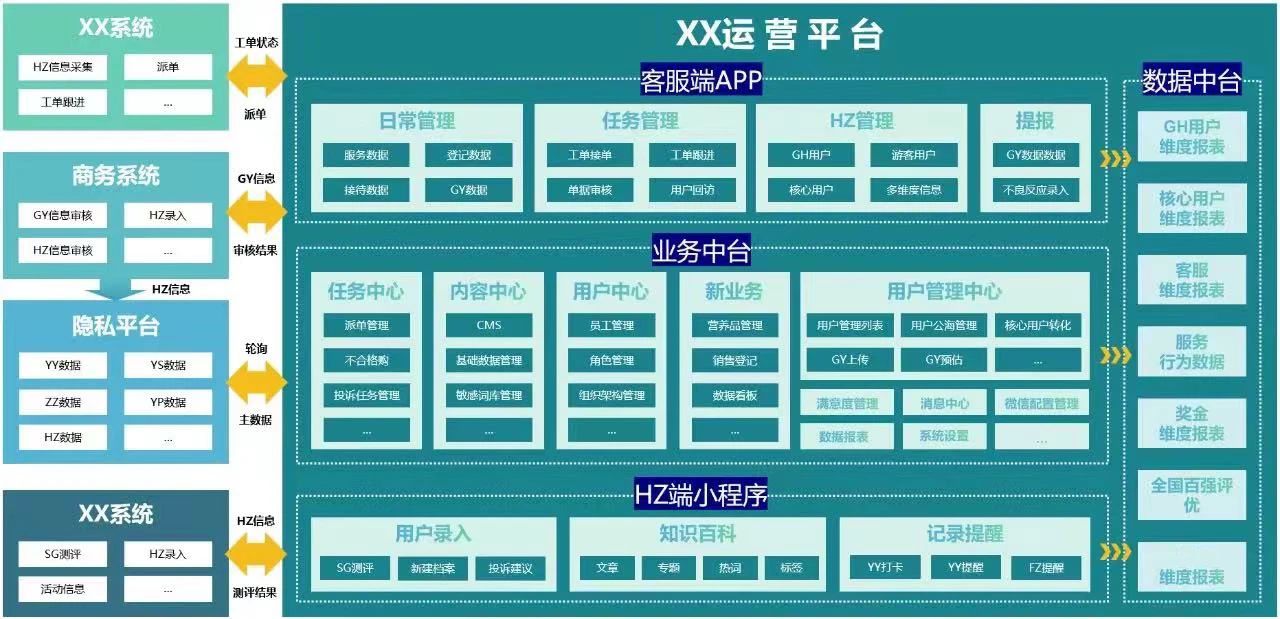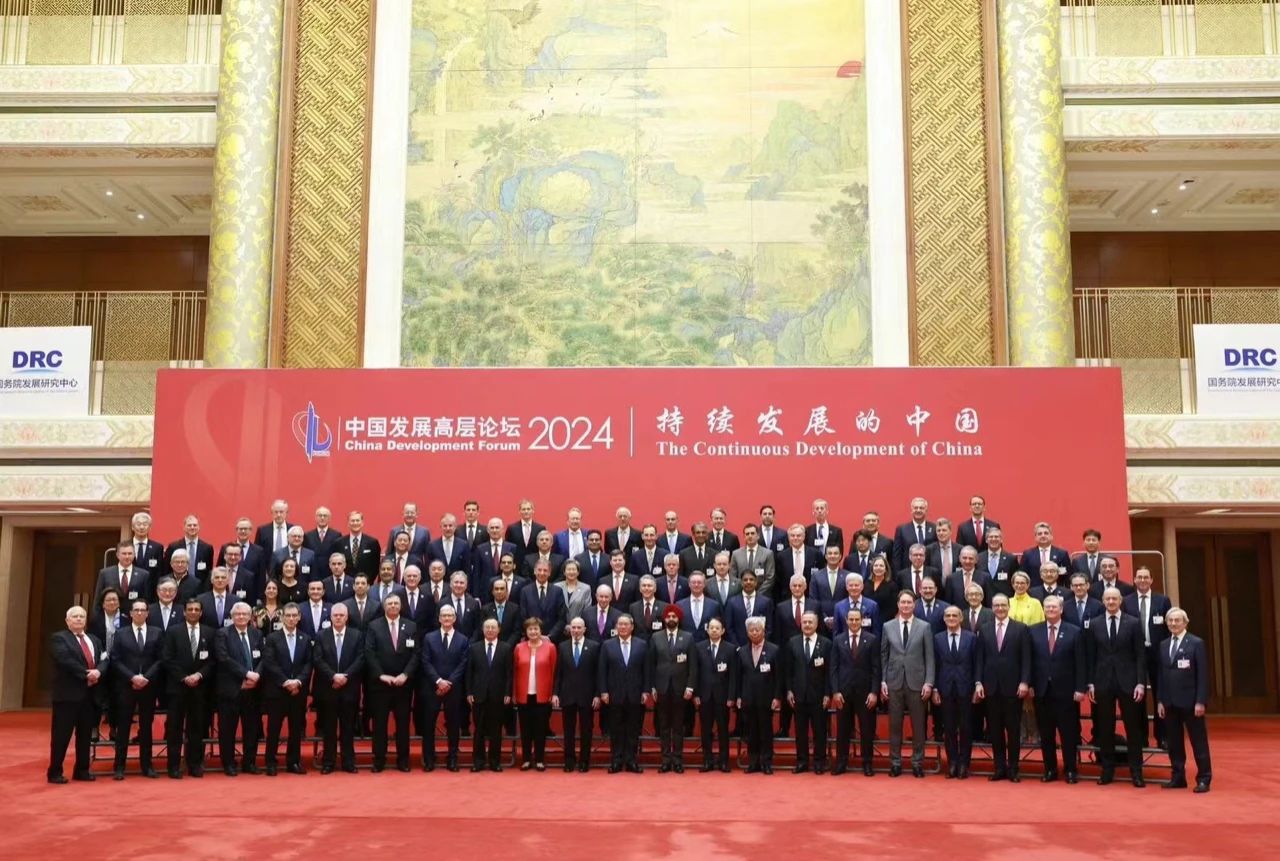
【CNBC报道】 青团社报名人次半年破亿
KEY POINTS
* More and more people in China are turning to jobs in the digital economy as the coronavirus accelerates a shift toward online commerce and livestreaming.* Chinese recruitment platform Qingtuanshe said some of the fastest-growing openings it’s seen are jobs that can be done from home, such as online part-time work that includes short video editing and livestream broadcasting.

⬆️Sales associates at one of Alibaba-owned InTime’s store display products for sale during a livestream
BEIJING — More and more people in China are turning to jobs in the digital economy as the coronavirus pandemic accelerates a shift toward online commerce and livestreaming.
The unemployment rate for cities held steady at 5.7% in July, according to official data released by the government Friday. The official jobless rate — whose accuracy is often doubted by analysts — was the same as the prior month, data from the National Bureau of Statistics showed.
During the peak of Covid-19′s impact on China’s economy, the unemployment rate hit a record high of 6.2% in February.
“Along with the recovery of the economic situation, the demand for employment is actually expanding. Some flexible jobs are increasing ... and overall have played an important role in stabilizing employment,” Fu Linghui, a spokesperson at the National Bureau of Statistics, said at a press conference Friday, according to a CNBC translation of his Mandarin-language remarks.
Fu’s examples included livestreaming e-commerce and smartphone-based travel products, such as ride-hailing.

Demand for more
video content producers
But businesses are still hiring to tap into the trend. Chinese recruitment platform Qingtuanshe said some of the fastest-growing job openings it’s seen are those that can be done at home, such as online part-time work that include short video editing and livestream broadcasting.
A look at Qingtuanshe’s job portal, accessible through the Alipay app run by Alibaba-affiliate Ant, shows openings for 4,000-yuan-a-month (approximately $575) to livestream on Douyin, the Chinese version of the hugely popular short-form video sharing app TikTok.
Another post advertised for a job paying 5,000 yuan a month was looking for a voice-only broadcaster. Qingtuanshe said it has more than 410,000 registered merchants and has processed more than 100 million applications in half a year.
Even though the work is ultimately done online, the location of a potential employee can also factor into the hiring process for businesses.
Chris Sun, founder and CEO of ReadAbroad, which creates courses for wealth management in China, said in an interview Thursday that his company turned to a short-video strategy this year, in order to grow the customer base. He plans to add about 10 more people to his current staff of 50 to 60 people.
“The city is (also) an important consideration,” he said, noting labor costs in Chengdu, a city in southwest China, can be half or a third of what they are in Beijing.

Questions of sustainability
It’s not clear whether online models, particularly livestreaming, have longer-term potential for driving sales.
Some third-party Chinese data estimates indicate the gross merchandise value (GMV) of goods sold in July by the top 50 livestreamers dropped by a few billion yuan from June, a month that saw major e-commerce platforms hold a major shopping festival. GMV is a commonly tracked metric measuring the total value of sales for goods and services sold on the platforms of e-commerce companies.
When asked about the reports of a drop in sales from livestreaming, Fu did not address them directly at Friday’s press conference, but said generally that livestreaming-driven sales and other new forms of selling still have a positive effect on overall sales promotion.
Overall retail sales in China fell 1.1% in July from a year ago, but rose 0.85% from June, according to official data released Friday. Online retail sales were up 9% for the first seven months of the year from a year ago, the data showed.

“Right now, pressure on employment still exists.”
Fu Linghui SPOKESPERSON FOR THE NATIONAL BUREAU OF STATISTICS
As the world’s second-largest economy tries to navigate a world still struggling with the effects of the coronavirus, the path to growth is still challenging. The central government said at a key meeting earlier this year that jobs remain a national priority with an unemployment target rate of 6% and “over 9 million” new jobs.
That’s lower than last year’s targets of 11 million new jobs and an unemployment rate of 5.5%.
“Right now, pressure on employment still exists,” Fu from the National Bureau of Statistic said Friday. He pointed out that in July, an unspecified unemployment rate for 20- to 24-year-olds holding at least a college degree — primarily new graduates — was 3.3 percentage points higher than the same period last year.
A record high 8.74 million students in China graduated from universities this year, according to official figures.
″(Alleviating) the pressure on these key groups still must be given high priority, especially since some self-employed individuals and small and micro-sized enterprises’ production and operations still face many difficulties,” Fu said.




